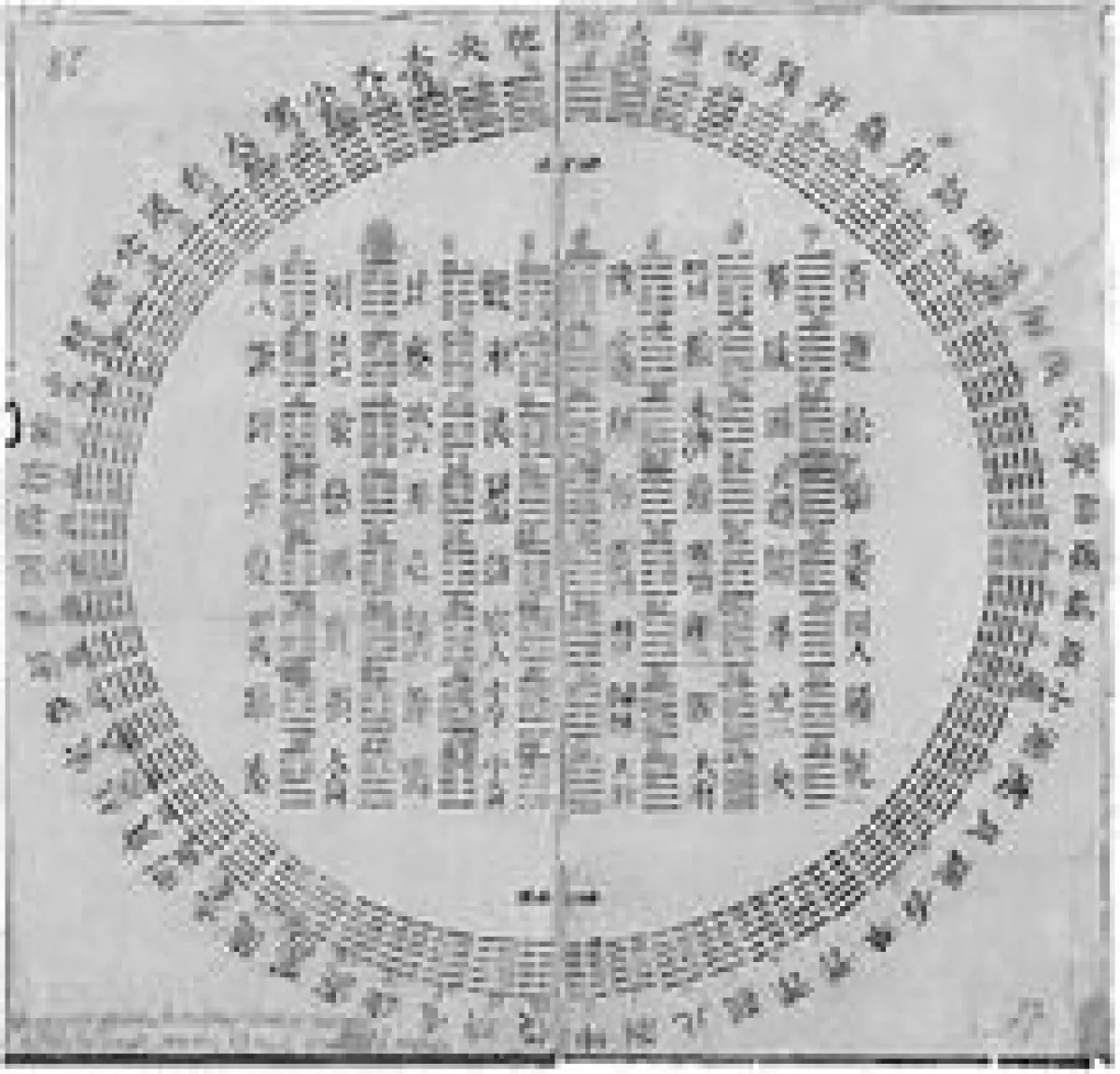
As an important component of Chinese traditional culture, the I Ching's influence throughout history has been profound. The i ching , also known as the Classic of Changes, is believed to be one of the world's oldest books, dating back over 3,000 years. It has served as the foundation for the two major branches of Chinese philosophy, Confucianism, and Taoism.
Significance for Chinese Culture
From its mythological origins in prehistory, the I Ching has been continuously enriched by philosophers, scholars, and rulers, reflecting a thread of thinking and a common cosmology that have been passed down through successive generations. Beyond its recognized influence on Confucianism and Taoism, the I Ching has also influenced Chinese Buddhism. It has had a lasting impact on various fields, including mathematics, science, medicine, martial arts, philosophy, history, literature, art, ethics, military affairs, and religion.
One of the earliest versions of the I Ching, known as the Changes of Zhou, played a pivotal role in the overthrow of the Shang dynasty by Zhou King Wu in 1070 BCE. Legend has it that King Wu was inspired by a solar eclipse, considered an omen from Heaven, to march against the Shang. This historical event, matched with a recorded solar eclipse, confirms the I Ching's ability to preserve hidden histories that have gone undetected for millennia.
Confucius's Fascination
Confucius himself was fascinated by the I Ching and considered it a philosophical masterpiece. He kept a copy of the I Ching in the form of bamboo tablets, consulting it so often that the binding had to be replaced three times. Confucius once remarked that if he had fifty years to spare, he would devote them to studying the I Ching. His ten commentaries, known as the Ten Wings, transformed the I Ching from a divination text into a profound philosophical work. Confucius's interpretations have continued to influence Confucians and other philosophers and scientists ever since.
Influence on Japan and the West
While the I Ching was initially little known in Japan, it gained popularity during the Tokugawa period through the efforts of Buddhist monks who recognized its philosophical, cultural, and political merits. It became highly regarded among literate groups, including the samurai.
The I Ching's influence extended far beyond Asia. It captivated intellectuals in Europe and America, laying the foundation for modern Western culture starting in the 17th century. German mathematician and philosopher Gottfried Wilhelm Leibniz, in particular, was deeply interested in the I Ching and even translated its binary system into the modern binary system.
 Image: A diagram of I Ching hexagrams sent to Gottfried Wilhelm Leibniz from Joachim Bouvet. The Hindu numerals were added by Leibniz.
Image: A diagram of I Ching hexagrams sent to Gottfried Wilhelm Leibniz from Joachim Bouvet. The Hindu numerals were added by Leibniz.
The I Ching has left its mark on various aspects of Western culture. It has inspired authors, musicians, poets, and even influenced the creation of family coat of arms. It has been used in compositions and choreography and has made appearances in literature, television, and film. The I Ching's influence can be felt in the works of notable individuals such as philosopher Carl Jung, author Hermann Hesse, musician George Harrison, and many more.
Conclusion
The I Ching's influence cannot be overstated. Its wisdom and insights have resonated across generations, cultures, and disciplines. From its ancient origins to its impact on contemporary society, the I Ching continues to inspire and guide those who seek a deeper understanding of the universe and themselves.
References
- Between past and present, Shanghai Star 2004-10-09. Accessed: 2006-01-10.
- I Ching Web Edition














